Eritrea, three Eritreans survive shipwreck in Strait of Sicily
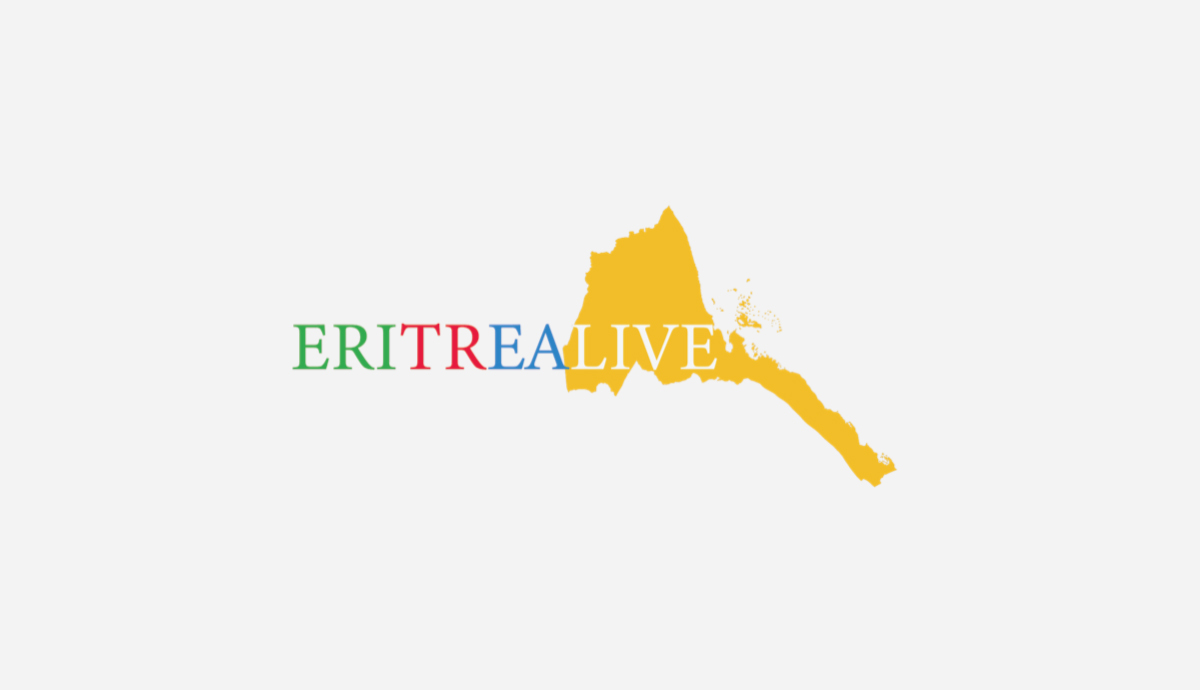
In the night of 18-19th April a boat laden with passengers leaving Libya, 60 miles from the coast, used a satellite phone to send a request for help to which the Italian Coast Guard responded by sending a Portuguese merchant vessel to answer the distress call. The merchant vessel, though, could only watch helplessly the capsizing of the fishing boat, caused, the captain of the King Jacob maintains, by the sudden movement of passengers to one side of the boat.
So began the rescue, in darkness pierced by beacons, with the participation of the Italian Coast Guard, Frontex, the Italian Navy, fishermen from Mazara del Vallo and boats sent from Malta.
The bare facts are dramatic: 700, perhaps 950 people on board, only 24 bodies recovered from the water, and 28 survivors who had stared death in the face.
Newspapers again talk of a “massacre”, quoting the UNHCR’s (United Nations High Commissioner for Refugees) declaration. On Sunday morning the Coast Guard halts the search for the missing because, it says, no more bodies are to be found.
The dead are received in Malta, while the living travel on to Catania. Theirs is a difficult destiny, marked by the cruel scenes of the shipwreck, and by the need to explain what Europe has difficulty understanding: who are they, why are they leaving, and why do they choose to make such perilous journeys?
The first information on those involved in the shipwreck comes from one of the survivors, a 33-year-old man from Bangladesh staying in hospital in Catania. He tells us that about 950 people were on the boat, divided into three levels, with the lowest one, the hold, for those who had paid least. There, the Scafisti (people trafficker boatmen), a Syrian and a Tunisian, had locked them in, giving them little chance of salvation.
But from which countries did the “drowned”, to quote Primo Levi, come from? How many came from the Horn of Africa, from Sub-Saharan Africa, from the Middle East?
Nobody knows. The sea made the bodies vanish without a trace.
Last Tuesday, however, Adrian Edwards, UNHCR spokesperson in Geneva, stated that the boat “started from Tripoli with 850 on board”, including “many children” and “about 350 Eritreans”. No numbers of victims of other nationalities, only a list of countries: Syria, Somalia, Sierra Leone, Mali, Senegal, the Ivory Coast and Ethiopia.
Three hundred and fifty Eritreans dead would be a very high number, but without bodies, without documents, how could they have ascertained the nationalities of those missing?
The total number, often approximate, is known by those who get on board a ship, but not the nationalities of their travelling companions.
Obviously there is no official list of passengers’ names. In order to know each other, they would have to be in the same group, speak the same language and share part of the journey together.
One source in Mineo, Sicily, the day after the tragedy tells Eritrea Live that three Eritrean young men were on the boat, safe and in good health.
Their testimony, our source continues, is that there were no other Eritreans on the boat, and according to them even the total number is lower: 150 Syrians, 100 Somalis, and 150 Bangladeshis. In other respects the story told by the three young men coincides with the UNHCR version. They escaped because they were on a high deck, unlike those who were below, locked in the hold, who could not make it.
It has not been possible to contact any UNHCR representative in Catania to confirm their source for the number of Eritrean dead on the boat.
The Rome office, however, indicates over the phone that it is a hypothesis, a possibility, and acknowledges that it would have been better to indicate more clearly the uncertainty of the numbers involved.
The official at Rome UNHCR, a kind person who knows the anguish of countries whose citizens are involved in such terrible tragedies, explains to me the frantic confusion of recent days, the vast number of phone calls, the last one being from a Senegal radio station asking for details and news about the dead and the survivors.
News, in such cases, is crucial.
In Italy the Eritrean community immediately sent a letter to the High Commissioner, to institutions, to newspapers, asking “How can we know the numbers of Eritreans involved without finding the bodies? Who disseminated this news? Have the UNHCR been able to see documents? Is there reliable evidence?
The Eritreans I have talked to sympathise with the grief of mourners who lost loved ones in last Saturday’s tragedy. They know that they may have been Eritrean, but if they aren’t why spread the news? To what end? Why alarm Eritrea and Eritrean expatriates?
As if the worries about relatives were not enough already, relatives leaving Eritrea in search of a better future, defying the peril of death in the desert, at sea, at the hands of ISIS. As if there were not enough sadness already in knowing that some Eritreans have joined the ranks of the people traffickers.
Italy, though, is raising other issues, asking itself, together with the European Union, how much and in what way Triton can be enhanced to protect borders. Whose turn is it to shelter the refugees who, with the compliance of the Dublin treaty, if not identified, may continue their journey without having to stay in the first country. Will they bring diseases with them, and will there be terrorists hidden amongst them?
According to Amnesty International (2014 figures), 150 thousand people have boarded ships in Libya to reach Italy by sea. Why is this?
For three reasons which should give us pause for thought: the closing of European borders, the desire to escape critical situations in the Horn of Africa and in the Middle East, and the lack of a strong state in Libya.
However, according to the UNHCR, the risk of Italy being invaded is remote: 86% of refugees are welcomed by developing countries, in other words they stay in neighboring countries, with only 10% reaching Europe. The European country most exposed to the reception of refugees is Turkey, which has sheltered 600 thousand Syrian refugees.
Germany has received 190 thousand refugees, France 232 thousand, Sweden, which has fewer inhabitants than Lombardy, 114 thousand, Italy 78 thousand, placing it sixth in Europe.
Asylum seekers arriving in Italy continue on towards Northern Europe, hence the question: “Do we have to shelter all of them?” in view of the numbers and preferences of those passing through Italy, does not seem to make sense.
A few hours ago the Catania public prosecutor’s office, issued the names of the 26 migrants surviving the shipwreck, authorizing the publication “in order to provide relatives with complete information”. The public prosecutor’s office has set up an e-mail address for those requiring further information: naufragio.wreck.procura.catania@giustizia.it.
Another source of information is the Catania Red Cross channel, phone +39 389 3432063, e-mail rfl@cricatania.it.
I would like to conclude by quoting Seyla Benhabib “The virtues of liberal democracies do not consist in their capacity to close their borders, but rather in their ability to hear the claims of those who, for whatever reason, knock at their doors.”
Marilena Dolce
@EritreaLive
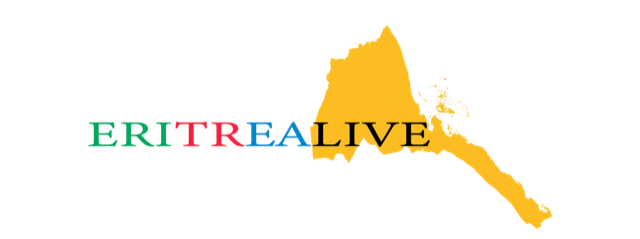
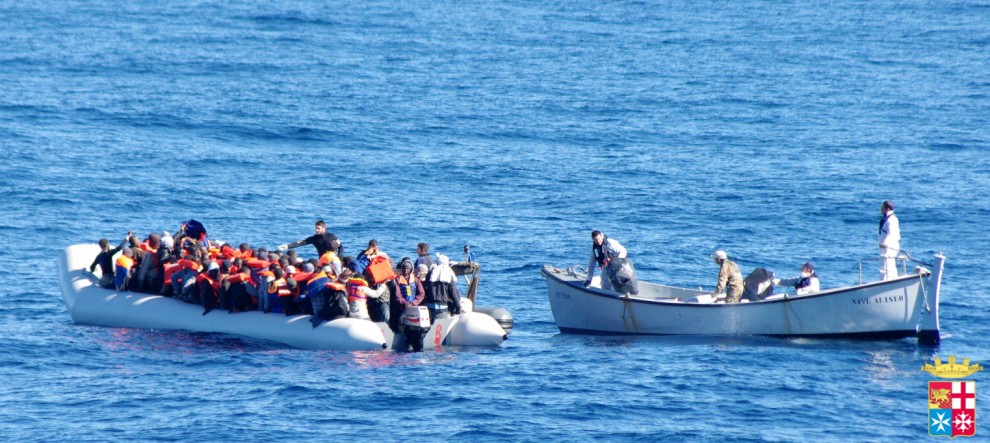
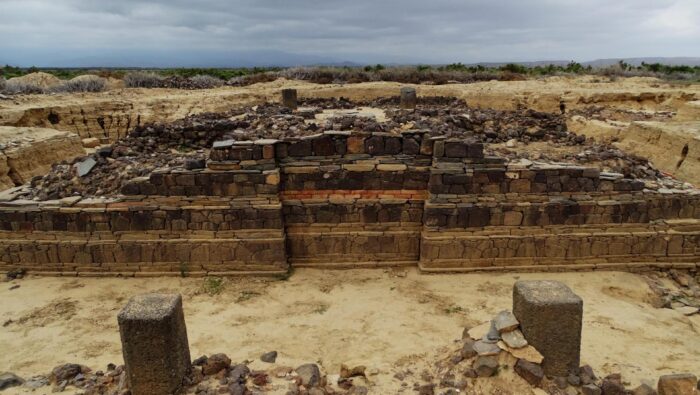
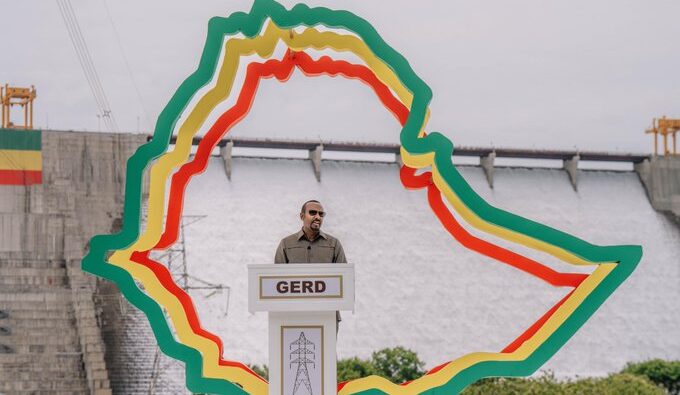
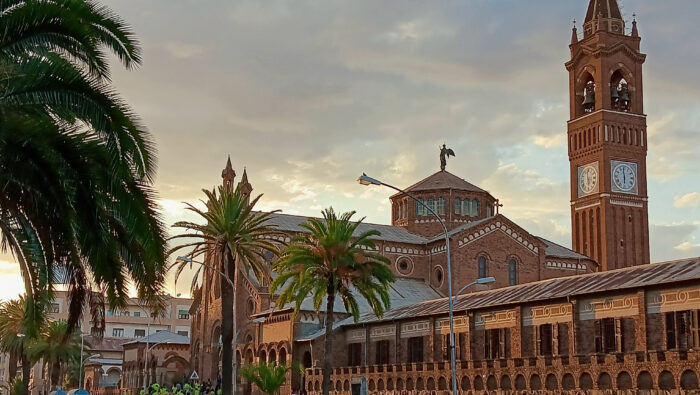
Lascia un commento